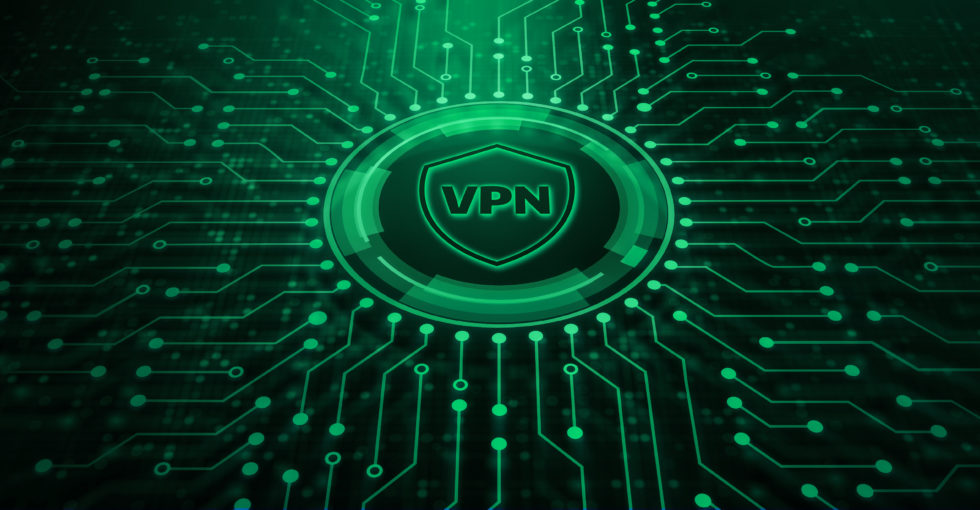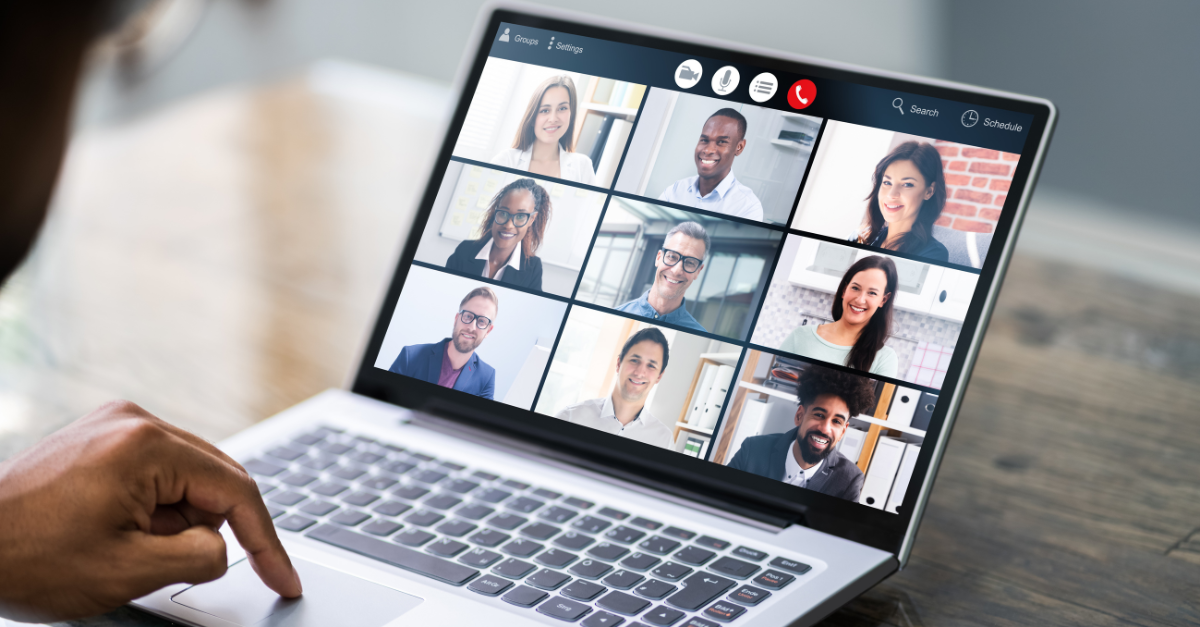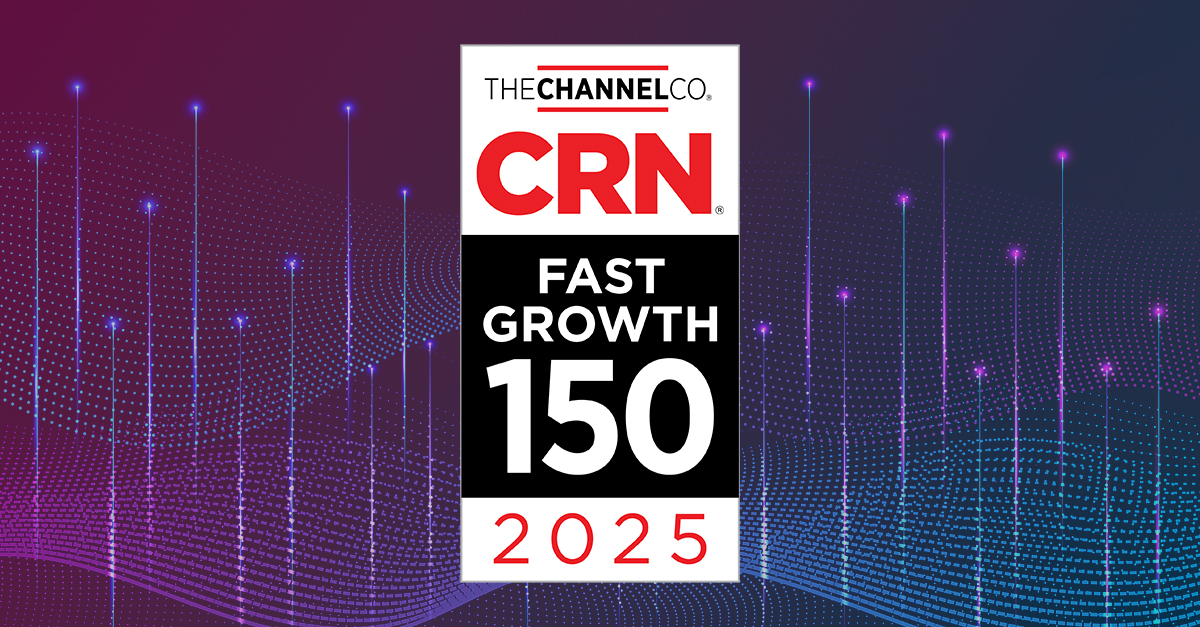Data = Money. For everyone, yes, everyone. You might not think you are significant in this world, but somebody does (and we do not mean your family). Companies are spending millions of dollars each year simply to learn about their customers. Data influences decisions to act on something and often to buy. Even the average person is to someone else a consumer, especially to somebody selling a good or service, which makes you a target.
Preventing Against Internet Threats
How do you prevent against these threats? Security. The most basic of security features frequently come in the form of the type of network you log onto. All of us have connected to a public Wi-Fi network without thinking twice. We have all done this at our local coffee shop, a local school, random lobbies, and elsewhere. Do you ever wonder if someone else you don’t trust is on the same network? Fortunately, we are often forced to wonder this as our computer or device will alert us to this risk, but we are rarely told why or how to prevent it. Just as rarely do we not just simply click a button and accept the risk. What steps should we be taking? The answer is a virtual private network (or “VPN”). If you have the right VPN infrastructure in place, you can protect yourself, your company, and your web activities against unwanted eyes, thieves, and disruptors. But what is it?
Without a VPN, a typical internet connection will allow your Internet Service Provider (or “ISP) to connect to your router (the router is the box plugging into the wall providing a wifi network) and then connect the internet to the website you intend to view. The ISP then provides a custom unique number known as an Internet Protocol address (or “IP address”) to the router as well as each external device connected to the router, such as a phone, tablet, or computer. This IP address is often used by ad groups or others to track your location. Ever wonder how ad companies on websites or social media somehow knew to pop up an advertisement showing the shoes you looked at two days ago or the food order you’ve been thinking about? These are not coincidences, and unsecured networks with IP address access are why.
This sharing of information without direct permission has been growing as a concern among lawmakers and citizens for some time. Data leaks from large companies such as Target, Facebook, and others have highlighted this threat in the international news. If large well-funded groups can fall victim to threatening cyber activities, so can you, so why take the risk.
Explaining VPN
When used, an effective VPN will create a custom access path between you (or your device) and the server operated by the VPN service. This pathway is encrypted, keeping the prying eyes away while also safely allowing your activity to travel through the secure pathway untouched. When actually viewing your online presence from afar, your identity and location will be hidden as it will appear as the location of the actual server of the VPN – which is often hundreds or thousands of miles away.
The examples of threatening areas are most often seen in public settings like Starbucks or other establishments, but a VPN can also help at home or your business. Unfortunately, we cannot trust our data servers. Even at home, your internet provider can view your activity and your data. The US government even has laws allowing them to sell your data to others. This data is supposed to be anonymous, but how do we really know?
VPNs do have a cost, and how do we know they are worth it as well as effective? Like any technology, not all VPNs are the same. There is quite a quality disparity. Generally, the better the technology, the more expensive, however, cost-effective solutions can be created to fit your needs within your budget. Well–designed VPN’s encrypt your information and hide it from outside eyes as well as those who might have permissions, such as your internet service providers. The top-of-the-line VPN’s will avoid keeping logs of your browsing history, innovates consistently to improve their software while preventing data leaks, and provide specific details to what is and what is not protected, so you walk in eyes wide open to any challenge. A cybercriminal may make an effort to cyber-attack you, however with a no-log VPN; it will be very difficult to pin down your location and other details necessary for an effective cyber threat.
Add-On Features
Other add-on features can boost performance significantly. Today, many applications and programs require “multi-factor authentication,” requiring users to prove their identity in 1 more item other than a password such as a call, text, email, face recognition, or additional security clearance step to double down on a log in theft. This one simple step makes it significantly more difficult for hackers to be effective.
Many of the top VPN services provide free trials. If you’re not sure, try it, you might be surprised about the effectiveness of the systems.
VPNs are extremely helpful security features, but some of the most effective security supports are common sense. If a shady email or pop-up arises, don’t open the document attachment or click any access buttons, you may be exposing yourself to risk. Almost all technologies or website accounts today require acceptance of terms of service contracts. Few read these; however, if you have important data on the line, read the documents. Does the account server save your data, personal details, locations, browsing history, downloads, and others? If so, and your online privacy or anonymity is at risk, you might consider avoiding those specific services.



